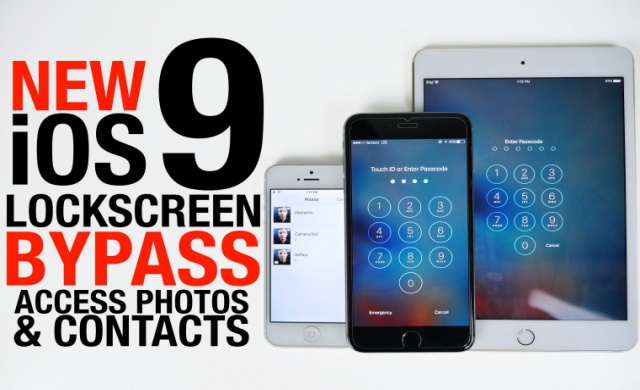It’s no surprise that the apps we download on our smartphones are tracking our movements and also transferring the information to third parties without our consent. Last year it was Google caught collecting location data of Android users even if their device’s location service was off then the Gay dating app Grindr, Facebook and the fitness app by Polar made headlines for collecting location data or exposing it online.
However, according to an eye-opening new report from The New York Times, these applications have become much more sophisticated in terms of technology and the perfect cover for running a snooping business.
See: Apple and Android Apps Share Your Emails and Location Data
According to the latest research from The New York Times, many popular, seemingly harmless Android and iOS apps are tracking our location throughout the day and seven days a week. So, the app that you think is notifying you about the weather outside or providing news updates isn’t so innocent because the acquired data is sold to third parties.

The report is a result of the New York Times’ four months-long reviews of the user database. For instance, analysis of the mobile data of a user, a resident of upstate New York, revealed that her location was recorded over 8,600 times and on average once after every 21 minutes.
This means, her movements from morning to nighttime were tracked, which included her routine from home to her workplace, her gym sessions, Weight Watchers meeting, and visit her ex-boyfriend’s home. About 75 companies receive location data of nearly 200 million US citizens and use it for location-targeted advertising, which is a blooming industry expected to make about $21 billion in 2018.

NYT report also reveals that businesses aren’t too interested in the identities of the users but in the patterns that the data reveal about consumers. The information is not transmitted with the user’s phone number but with a unique ID. However, those having access to raw data can easily identify a person and may even follow that person. But, the location companies maintain that this is a fair game.
Furthermore, the report highlights an important aspect that while asking for permissions at the time an app is to be downloaded users are often misinformed. That is, an app may state that it needs access to location data to help them receive traffic alerts but it doesn’t mention that the data will be shared or sold. When the app’s privacy policy is examined, this information is vaguely disclosed.
See: iPhone apps access cams to secretly take photos and record videos
Moreover, it was identified that accurate details were obtained by the apps about the users and in some cases, the data was updated over 14,000 times in a single day. The companies who buy this data use it to sell, analyze or use the data for advertising purposes as well as provide it to retail outlets to obtain insights about consumer behavior. According to Oregon Democrat, Senator Ron Wyden, this is an abhorring practice and must be immediately countered.
“Location information can reveal some of the most intimate details of a person’s life — whether you’ve visited a psychiatrist, whether you went to an A.A. meeting, who you might date. It’s not right to have consumers kept in the dark about how their data is sold and shared and then leave them unable to do anything about it,” claims Sen. Wyden.
Since the data is acquired for a large number of people, therefore, it makes easier for companies to influence public opinion or manipulate the masses. The report concludes that there’s never a free app and it’s about time we reconsider how much do we value our data.









